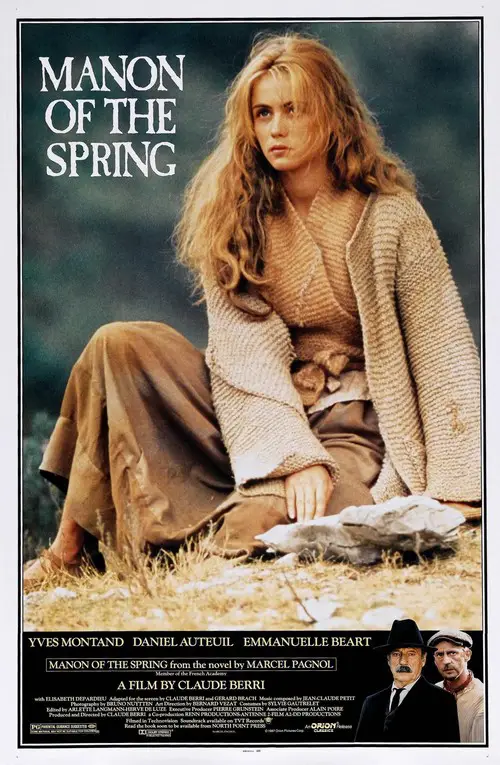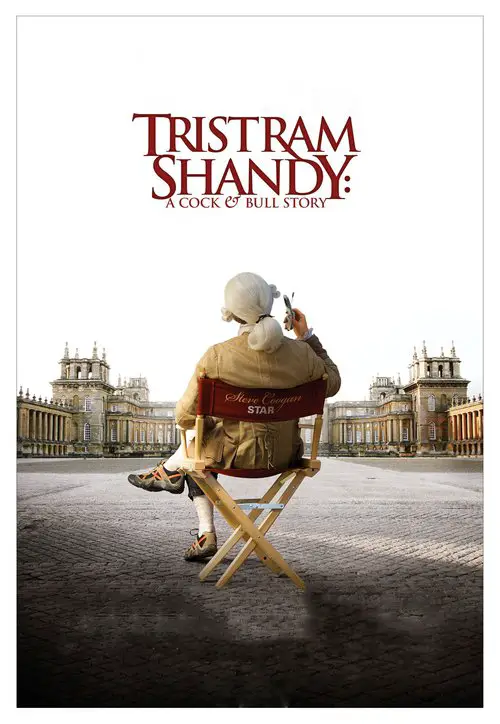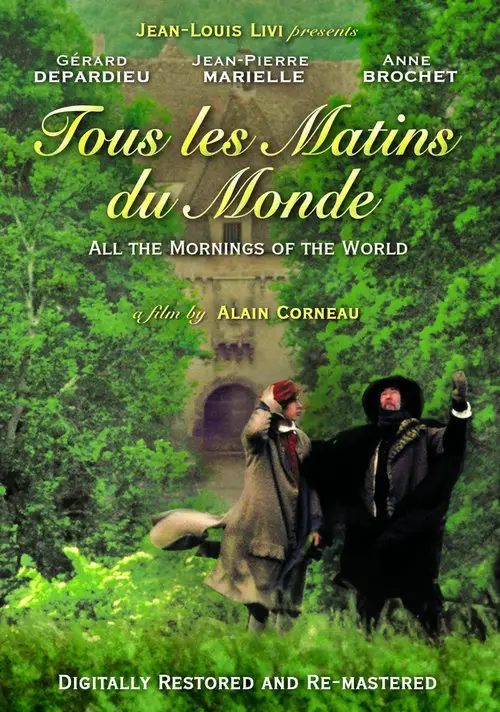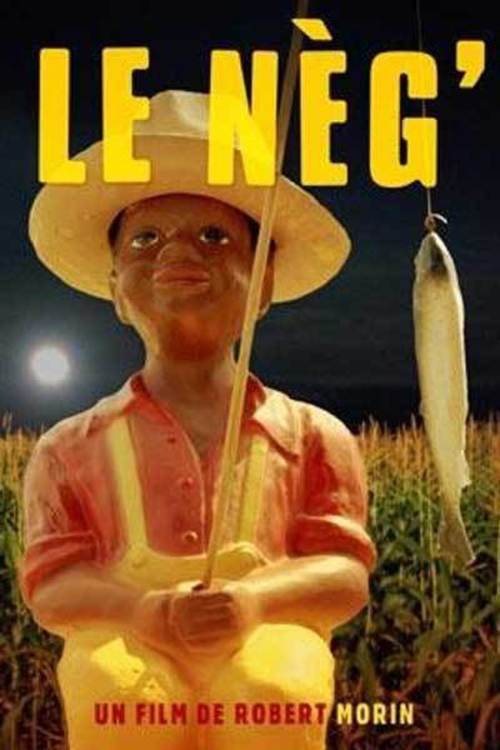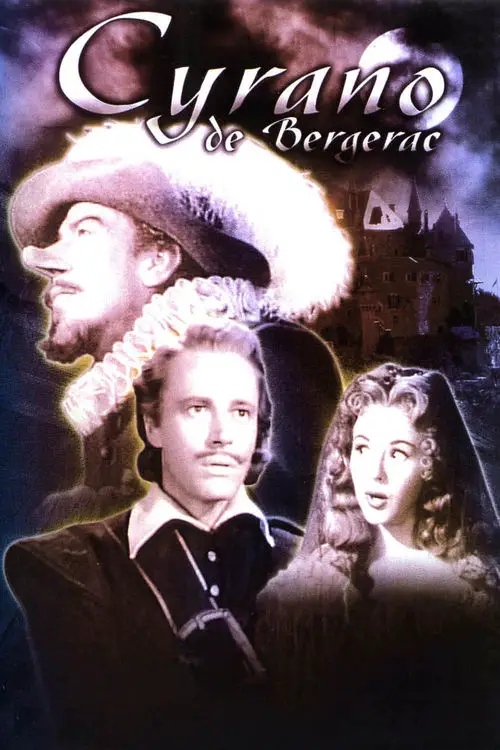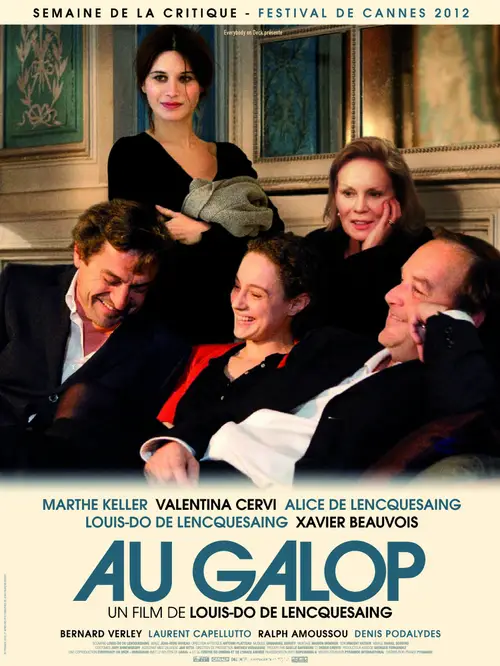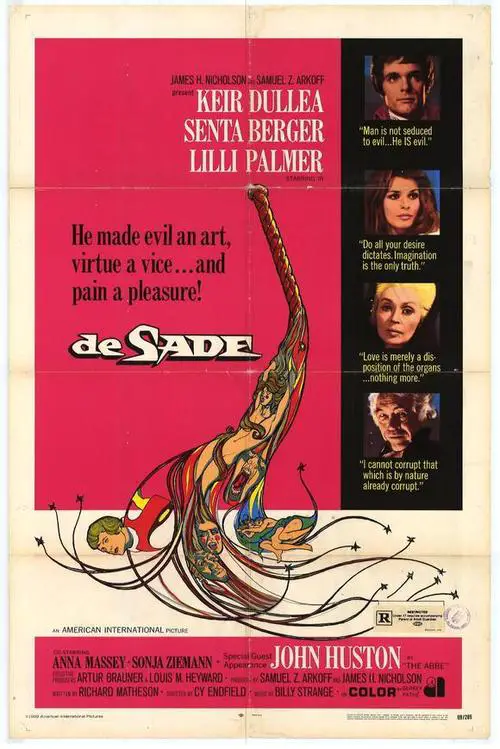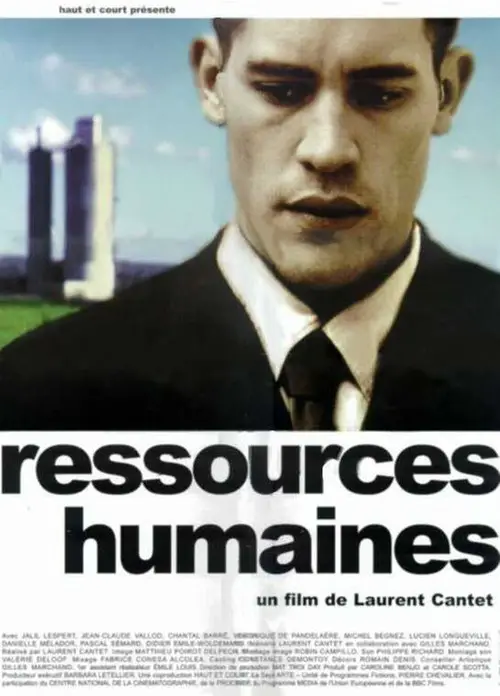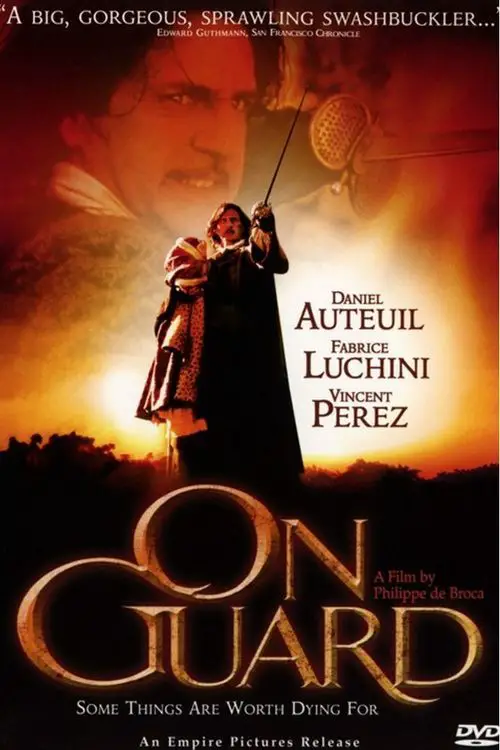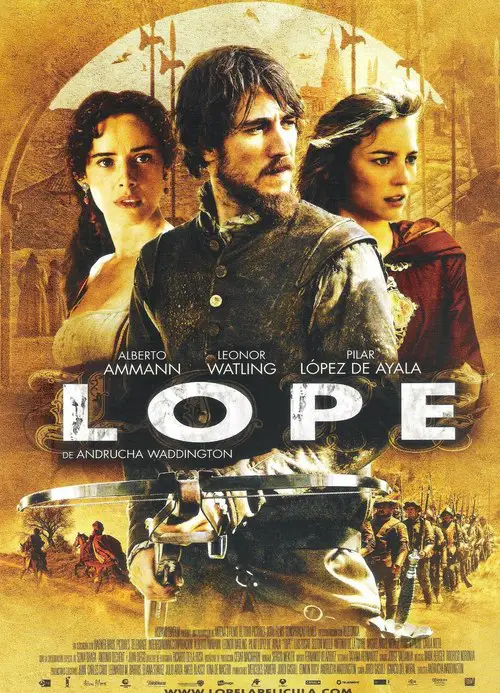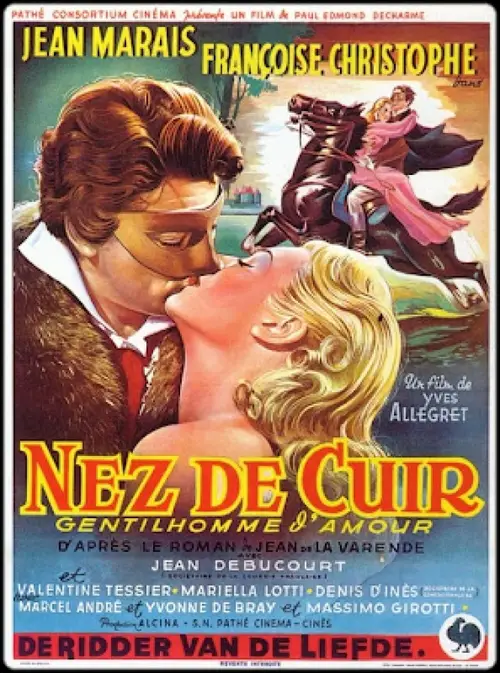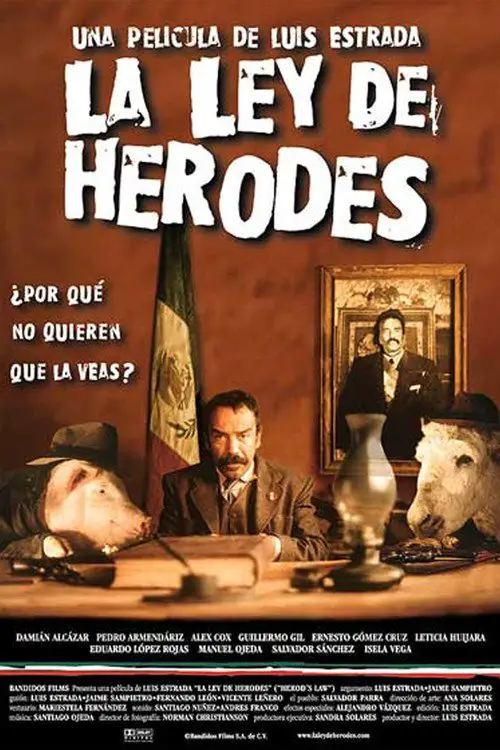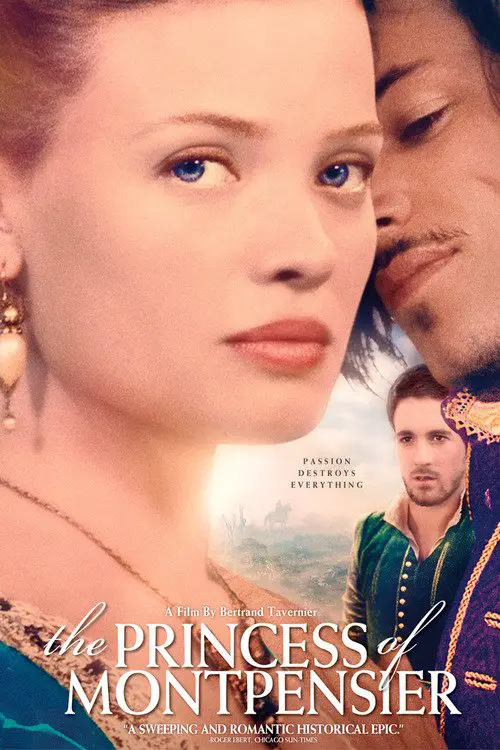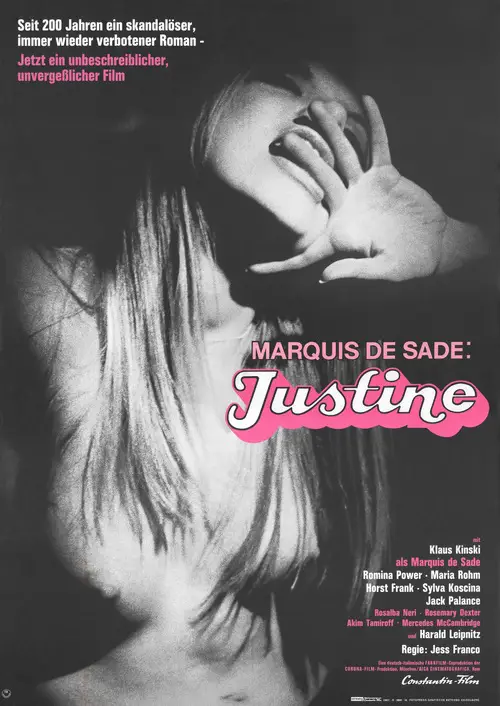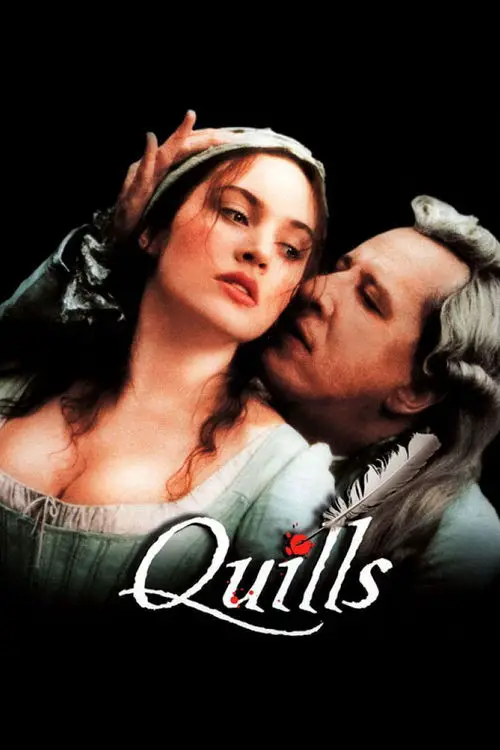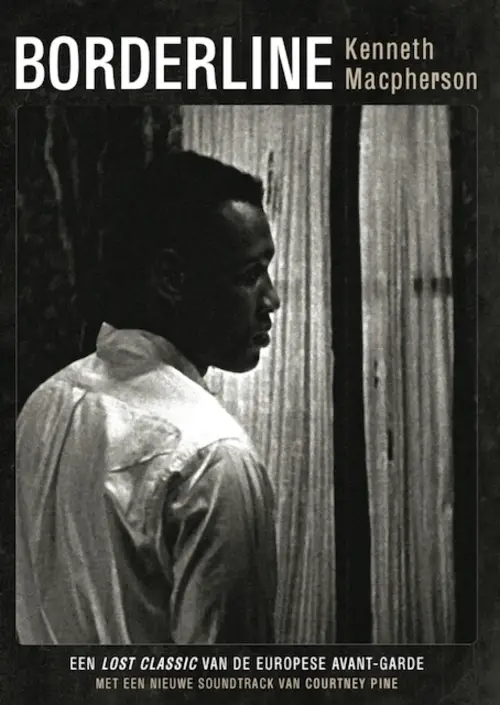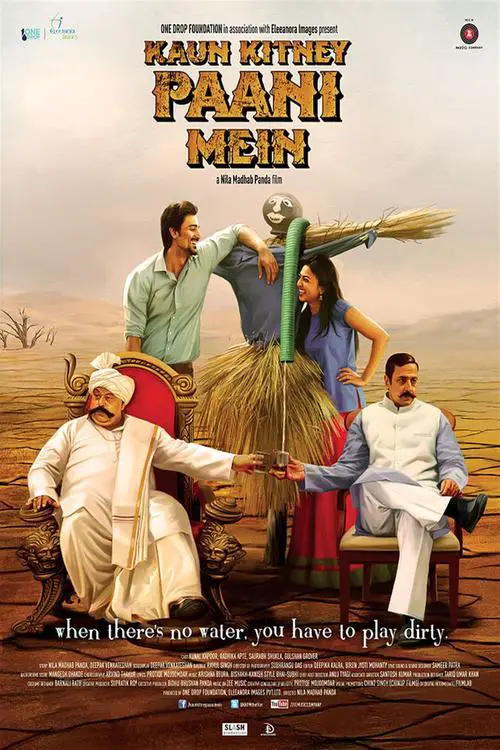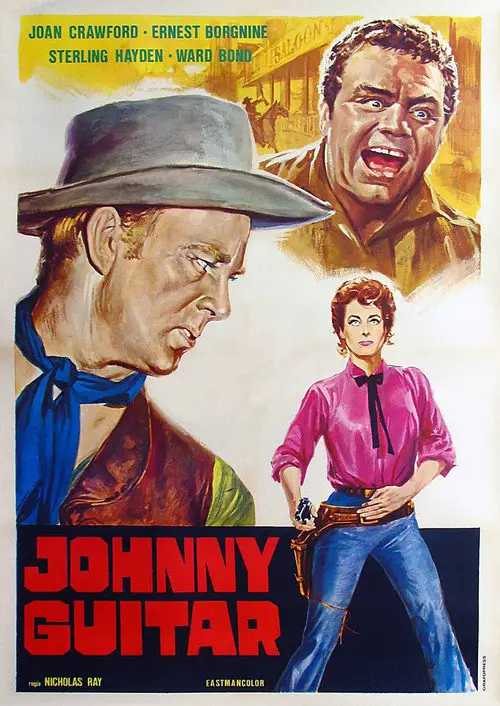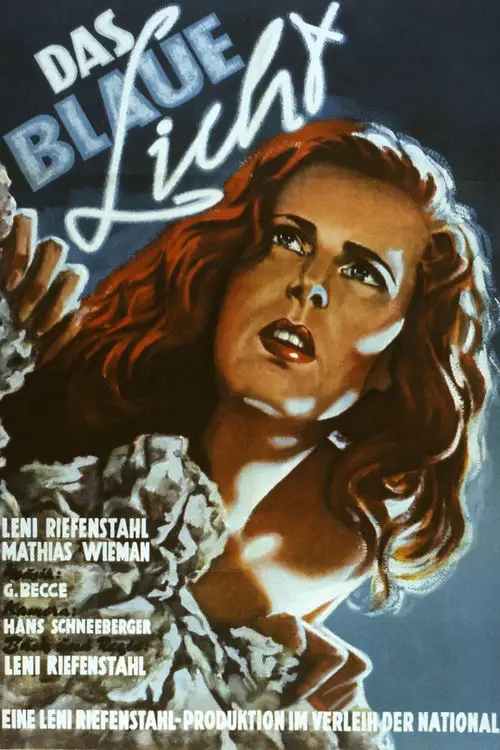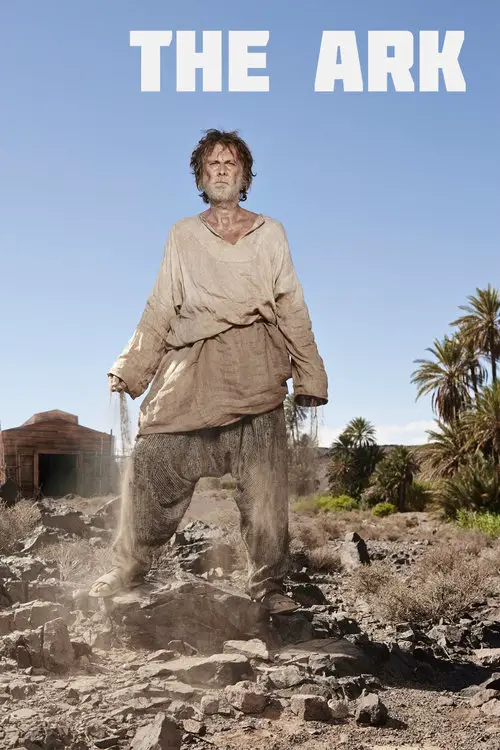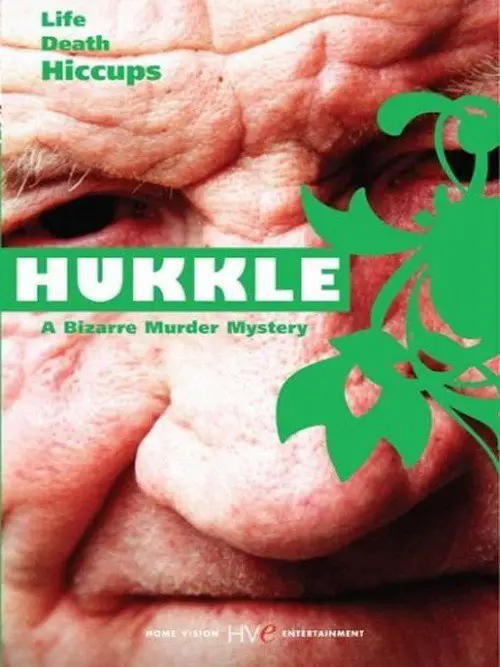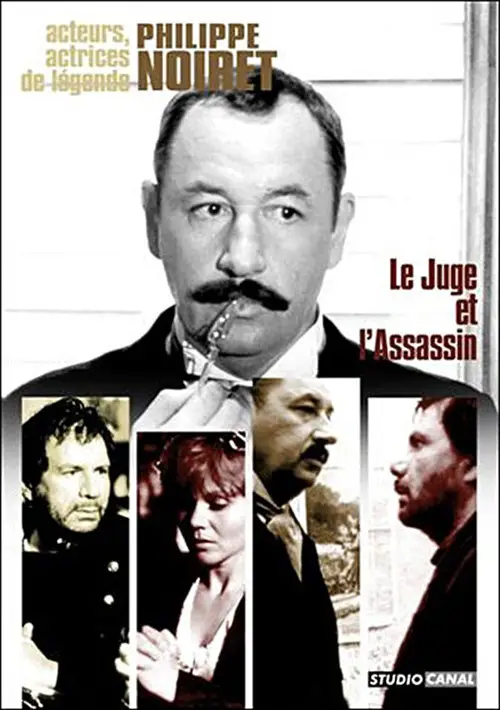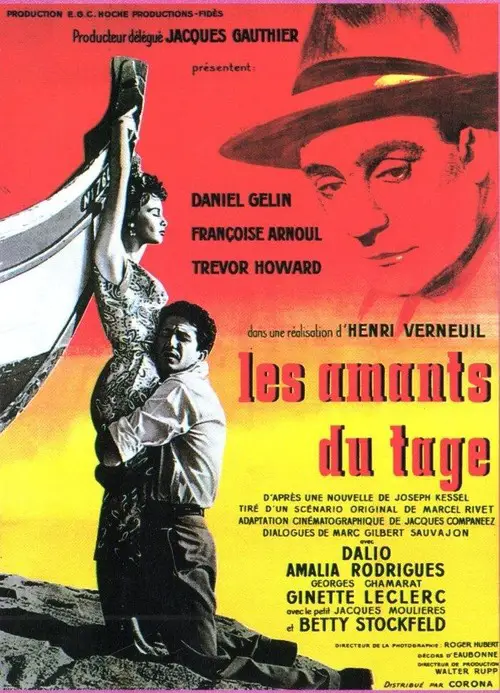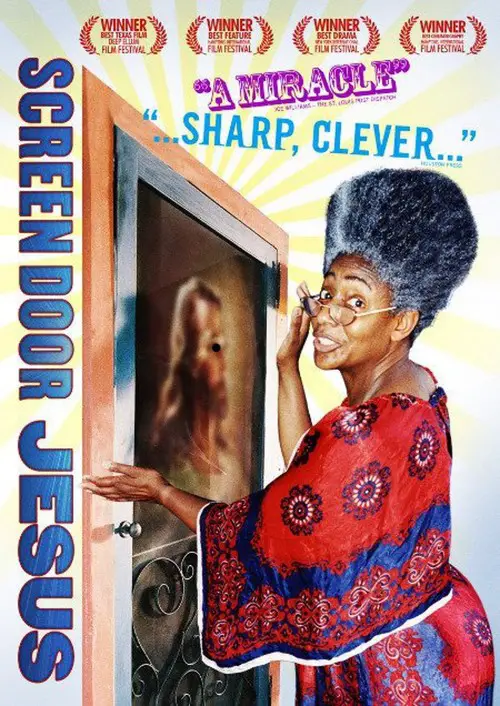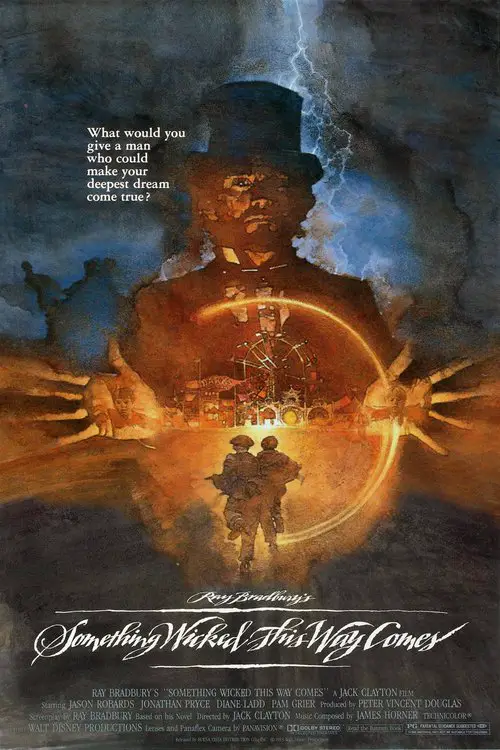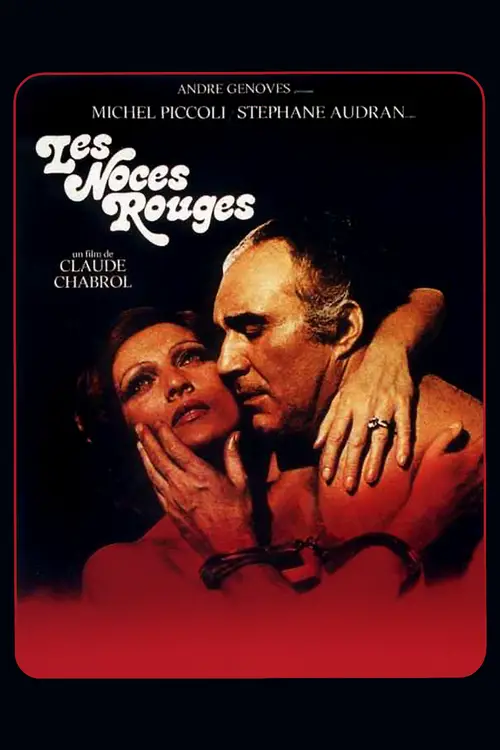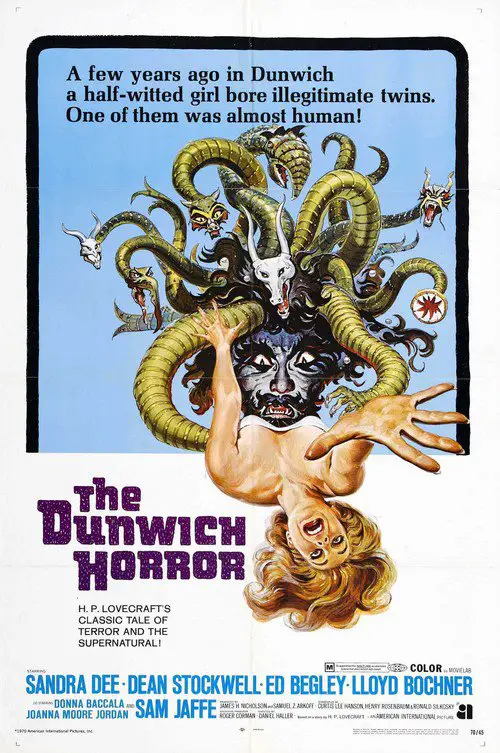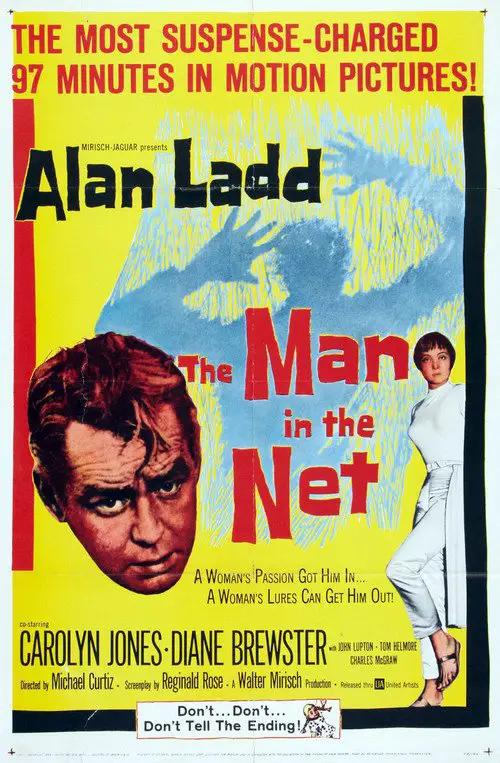Manon of the Spring (1952)
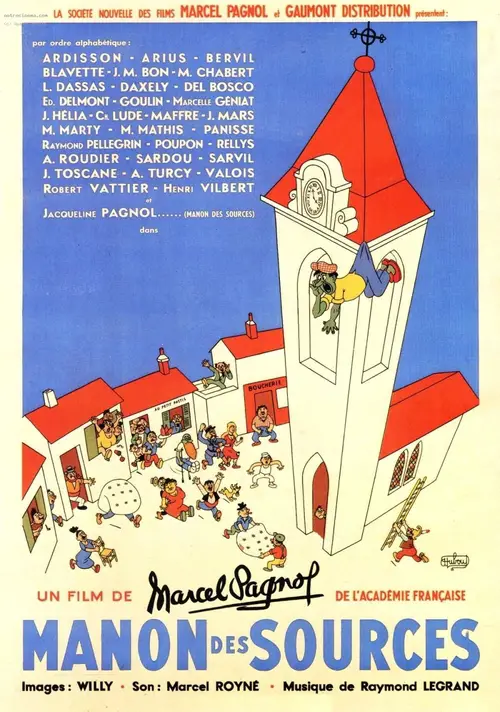
Similar movies
In a rural French village an old man and his only remaining relative cast their covetous eyes on an adjoining vacant property. They need its spring water for growing their flowers, so are dismayed to hear the man who has inherited it is moving in. They block up the spring and watch as their new neighbour tries to keep his crops watered from wells far afield through the hot summer. Though they see his desperate efforts are breaking his health and his wife and daughter's hearts they think only of getting the water
Two actors, as their make up is applied, talk about the size of their parts. Then into the film: Laurence Sterne's unfilmable novel, Tristram Shandy, a fictive autobiography wherein the narrator, interrupted constantly, takes the entire story to be born. The film tracks between "Shandy" and behind the scenes. Size matters: parts, egos, shoes, noses. The lead's girlfriend, with their infant son, is up from London for the night, wanting sex; interruptions are constant. Scenes are shot, re-shot, and discarded. The purpose of the project is elusive. Fathers and sons; men and women; cocks and bulls. Life is amorphous, too full and too rich to be captured in one narrative.
It's late 17th century. The viola da gamba player Monsieur de Sainte Colombe comes home to find that his wife died while he was away. In his grief he builds a small house in his garden into wich he moves to dedicate his life to music and his two young daughters Madeleine and Toinette, avoiding the outside world. Rumor about him and his music is widespread, and even reaches to the court of Louis XIV, who wants him at his court in Lully's orchestra, but Monsieur de Sainte Colombe refuses. One day a young man, Marin Marais, comes to see him with a request, he wants to be taught how to play the viol.
The story of a gang of children growing up in a community of banished criminals, in a forgotten corner of the former Soviet Union. This community rejects the world outside. The only law it obeys⦠is its own. Against this backdrop two best friends, Kolyma and Gagarin, gradually become fierce enemies as they find themselves on opposite sides of the strict code of honour of the âhonest criminalâ brotherhood.
Fascinating journey through the life and work of the prestigious Catalan poet Jaime Gil de Biedma, both marked by sexuality and eroticism. Charismatic and somewhat eccentric, brilliant intellectual with extraordinary sensitivity and member of Barcelona's 'gauche divine' in the 60s, Gil de Biedma liked to describe himself as a 'poet of experience' while he suffered dreadfully from the dichotomy strangling him: bourgeois and executive for a multinational by day, communist and homosexual poet by night.
José Ferrer won the Oscar for Best Actor for his portayal of the swordsman-poet using his silver tongue to woo the woman he loves for another man. Cyrano de Bergerac is a play written in 1897 by Edmond Rostand. Although there was a real Cyrano de Bergerac, the play is a fictionalization of his life that follows the broad outlines of it. The entire play is written in verse, in rhyming couplets of twelve syllables per line, very close to the Alexandrine format, but the verses sometimes lack a caesura. It is also meticulously researched, down to the names of the members of the Académie française and the dames précieuses glimpsed before the performance in the first scene. The play has been translated and performed many times, and is responsible for introducing the word "panache" into the English language.
When his son dies while hiking the famed Camino de Santiago pilgrimage route in the Pyrenees, Tom flies to France to claim the remains. Looking for insights into his estranged childâs life, he decides to complete the 500-mile mountain trek to Spain. Tom soon joins up with other travelers and realizes theyâre all searching for something.
When Molly, the 21 year-old sister of Maarten, departs the family home, she leaves her older brother with empty nest syndrome. But it also opens up new opportunities for him, such as the possibility to explore his love for Arthur, a closet gay. Molly and Maarten wrestle with their personal relationships and also their relationship with one another, but fate nevertheless seems determined to strike them both down.
En octobre 1942, à Tobrouk, un commando français fait sauter des dépôts d'essence allemands. Quatre soldats parviennent à s'enfuir et se retrouvent bientôt perdus en plein désert. Après une journée de marche harassante, ils repèrent une auto-mitrailleuse allemande et ses cinq occupants. Un seul échappe à la mort et est fait prisonnier.
The Comte de Gonzague schemes against his cousin, the Duc de Nevers, even though he is the Duke's heir and will inherit his estates. The Count has kept secret the existence of the Duke's bastard, recently born. When the Duke learns of his child, he journeys to wed the mother, a baron's daughter, in her father's isolated chateau. The occupants of the castle are surprised and murdered by the Count and his men. The only ones to escape are the Duke's friend, the skilled swordsman Lagardère, and the infant, a girl, now the rightful heiress to the Duke's vast fortune. The Count believes the pair to have drowned, when in fact they have been concealed by a travelling troupe of Italian players. Twenty years pass. The Count has discovered that the two survive and seeks to have them slain. But Lagardère gains the confidence of the Count, and employment as his bookkeeper, through his clever disguise as a hunch-back...
Beautiful young housewife Séverine Serizy cannot reconcile her masochistic fantasies with her everyday life alongside dutiful husband Pierre. When her lovestruck friend Henri mentions a secretive high-class brothel run by Madame Anais, Séverine begins to work there during the day under the name Belle de Jour. But when one of her clients grows possessive, she must try to go back to her normal life.
When reporter Rachel Armstrong writes a story that reveals the identity of a covert CIA operative, the government demands that Rachel reveal her source. She defies the special prosecutor and is thrown in jail. Meanwhile, her attorney, Albert Burnside argues her case all the way to the U.S. Supreme Court.
After being hurt in the face, Count de Roger Tinchebraye is forced to hide his disfigured face behind a leather mask. Dispirited for a while, he decides to become a Casanova-like seductor. When he meets true love, cynical Roger does not believe in it and lets pure Judith marry an old marquis. But once Judith's husband dies, he sees Judith again, shows her his disfigured face, which does not discourage the young woman from loving him. Nevertheless, he distances himself from her forever
After a bloody invasion of the BOPE in the High-Security Penitentiary Bangu 1 in Rio de Janeiro to control a rebellion of interns, the Lieutenant-Colonel Roberto Nascimento and the second in command Captain André Matias are accused by the Human Right Aids member Diogo Fraga of execution of prisoners. Matias is transferred to the corrupted Military Police and Nascimento is exonerated from the BOPE by the Governor.
In France of the late 19th century, the wife of a wealthy general, the Countess Louise, sells the earrings her husband gave her on their wedding day to pay off debts; she claims to have lost them. Her husband quickly learns of the deceit, which is the beginning of many tragic misunderstandings, all involving the earrings, the general, the countess, & her new lover, the Italian Baron Donati.
The Misfortunates (Dutch: De helaasheid der dingen) is a 2009 Belgian comedy-drama film from director Felix Van Groeningen, adapted from the book De helaasheid der dingen by Belgian writer Dimitri Verhulst. The film stars Koen De Graeve, Johan Heldenbergh, Wouter Hendrickx, Bert Haelvoet, Valentijn Dhaenens, Kenneth Vanbaeden and Gilda De Bal.
Varun Blake is an Atlanta police officer that consumes himself with hunting and bringing to justice a shadowy killer. After being adopted from India by American parents, Varun dedicates himself to the city that doesn't accept him. After a few unexplained murders happen at the newly outsourced company, InfoTech, his ex-wife is in danger of being the next victim.
A nobleman with a literary flair, the Marquis de Sade lives in a madhouse where a beautiful laundry maid smuggles his erotic stories to a printer, defying orders from the asylum's resident priest. The titillating passages whip all of France into a sexual frenzy, until a fiercely conservative doctor tries to put an end to the fun.
My Mother's Castle (Le chateau de ma mere) is a sequel and companion piece to My Father's Glory (La Gloire de Mon Pere), both based on the childhood recollections of Marcel Pagnol. Like its predecessor, the movie explores the adventures of the young Marcel (Julien Ciamaca) during his summers at the family summer home in Provence.
The "daddy's boy" Cazuza is a dysfunctional, drug and booze addicted, homosexual that disrespects basic social rules and terrible and irresponsible son and man. He loves his freedom, his friend and singing with his garage band, Barão Vermelho. His career is built by chance because he needs to work and his father and president of phonographic industry Som Livre gives a job opportunity in his company as a simple employee. His talent is found by his direct chief Zeca, who convinces Cazuza's father to release his album. In the top of his career, he leaves the Barão Vermelho and finds that he has Aids. Written by Claudio Carvalho, Rio de Janeiro, Brazil
The film wryly expresses the changes in hierarchy, caste and the power equation when water, the most important resource, vanishes and how the oppressed become the oppressors. The story is told through two villages which were split based on caste and money but never through water. In the current situation, through reversals of fortune, the old world order has been broken and water becomes the biggest game changer. It has a domino effect on everything from social order to economics, even love and marriage. The film takes a satirical look at respect for resources, caste divides, and rural life against the backdrop of a traditional love story but all set in a realm where water is the new currency.
On the outskirts of town, the hard-nosed Vienna (Joan Crawford) owns a saloon frequented by the undesirables of the region, including Dancin' Kid (Scott Brady) and his gang. Another patron of Vienna's establishment is Johnny Guitar (Sterling Hayden), a former gunslinger and her lover. When a heist is pulled in town that results in a man's death, Emma Small (Mercedes McCambridge), Vienna's rival, rallies the townsfolk to take revenge on Vienna's saloon -- even without proof of her wrongdoing.
A young woman, Junta (Riefenstahl), lives apart from her village and, for her solitude and strangeness, is considered to be a witch; when she comes to the village for one reason or another, the townsfolk chase her away. They feel that she may in some way be responsible for the deaths of several young men of the village, who have felt compelled, one by one, to climb the local mountain - and fall to their deaths - on nights when the moon is full.
In the 22nd century, scientists from an energy-depleted Earth research new fuel sources in the far corners of the solar system, where they discover an ancient alien race from Jupiter as well as the emergence of an apocalyptically dangerous black hole. Koji Hashimoto's 1983 sci-fi adventure was conceived as a Japanese competitor to the upcoming sequel to Stanley Kubrick's classic 2001, titled 2010, and often mirrors the sequel's plot.
Luke Billings (Lionel Jeffries) and his family have a problem with the new police sergeant Sam Hargis (Richard Todd) so they take over a small Transvaal town with the attention of drawing Hargis into a showdown. Hargis tries to get back up from the townsfolk who do not want to know, so is forced to lay low. As things get out of hand one of the Billings boys takes an interest in the storekeeper's wife, Priss Dobbs (Anne Aubrey). Having had enough her husband, Ernie (Jamie Uys) takes up the gun and heads down the main street alone. An act that prompts Hargis to join him. Slowly, the townsfolk turn up to back them up.
Noah, a farmer and family man, is instructed by an angel to build an ark in the middle of a desert in order to save both his family and the faithful from a devastating flood. A seemingly impossible task, especially when his sons refuse to believe him and help, Noah risks ridicule and humiliation from the degenerate townsfolk as well as his loving but exasperated family, in his quest to carry out his God-given task.
A story of family, of dreams deferred, and of a final chance at redemption. Frustrated with his waning baseball career, David returns to his hometown and becomes obsessed with a local lovely, reaching out to her troubled son. When David is rejected, the townsfolk gossip about his relationship with the boy.
This expansive Greek drama follows a troupe of theater actors as they perform around their country during World War II. While the production that they put on is entitled "Golfo the Shepherdess," the thespians end up echoing scenes from classic Greek tales in their own lives, as Elektra (Eva Kotamanidou) plots revenge on her mother (Aliki Georgouli) for the death of her father, and seeks help from her brother, Orestes (Petros Zarkadis), a young anti-fascist rebel.
Julie Yeh Feng stars as Hsiu Hsiu, a beautiful singing shepherdess who falls head over heels in love with a handsome boatman named Liu Ta Lung. Unfortunately, she can't afford to marry her new beau because her father has racked up numerous debts due to his uncontrollable gambling addiction. And to make matters even more complicated, there's a rival suitor who promises to pay off all of her no-good father's debts on the condition that he is given Hsiu Hsiu's hand in marriage. She initially declines his offer, but starts to get jealous when she sees Ta Lung getting a little too close for comfort with another woman. In retaliation, she starts flirting with her possible benefactor/husband-to-be. But what Hsiu Hsiu doesn't know is that her jealousy isn't based on any actual unfaithfulness, but on an unfortunate misunderstanding!
Mia Williams, raised on the family Bed & Breakfast by Sara, a loving single mom grows up believing her father was lost, M.I.A., in the Gulf War. A tragic accident results in the sudden death of Sara and Mia finds herself alone to care for the B&B while attending college. Daniel Williams, a hard-edged businessman from New York, arrives at the B&B and Mia suspects he may be her lost father. The townsfolk believe he may be responsible for Sara's death. As events unfold, Daniel clears his name and finds acceptance from the community and Mia finds a father at last.
Using almost no dialogue, the film follows a number of residents (both human and animal) of a small rural community in Hungary - an old man with hiccups, a shepherdess and her sheep, an old woman who may or may not be up to no good, some folk-singers at a wedding, etc. While most of the film is a series of vignettes, there is a sinister and often barely perceptible subplot involving murder.
France, 1893. Joseph Bouvier attempts to shoot his love who refused to marry him and to commit suicide. Upon release from the filthy asylum where he was placed, with bullets still remaining in his head, he wanders the country roads and rapes and murders many teenagers over years. The judge Rousseau captures him, but to serve his ambition seeks to avoid that Bouvier is simply declared insane.
Daniel Gelin plays a soldier who is acquitted after committing a crime of passion. Relocating to Lisbon, and still feeling remorse over his impulsive killing of his faithless wife, Gelin manages to find love in the form of gorgeous widow Francoise Arnoul. Alas, it turns out that Arnoul has a sordid past of her own, leaving our hero sadder but wiser.
A vision of Jesus sighted on the screen door of Mother Harper's front porch sparks misadventures as the media and crowds gather around the phenomenon and the townsfolk start to take sides. As more people flock to the door, some for guidance, some for healing and some for pure entertainment, the pressure on this sleepy town starts to build. From the wanton Mayor to the scheming town seductress; from the white banker to the desperate black rough neck who seeks his help; from the security guard with all the answers to the hoards gathering with nothing but questions, there's something boiling under this town and only one thing is certain: no one will escape the apocalyptic results unchanged.
Lucienne Delamare and Pierre Maury are having an affair. Lucienne's husband Paul is the mayor, and a French deputy. Pierre's wife Clotilde has been weak and sickly for years. Lucienne's husband holds no excitement for her, and he is always away in Paris on business. Pierre is now the vice-mayor, thanks to Paul. Lucienne and Pierre have a secret meeting spot by a lake along a country lane. Pierre's wife dies suddenly, by suicide the town gossips believe. Pierre confesses otherwise to Lucienne. Paul proposes a shady land deal which will "benefit the town", and wants Pierre's political support and collusion. Then Paul discovers proof of his wife's affair...
© Valossa 2015–2026
| Privacy Policy
